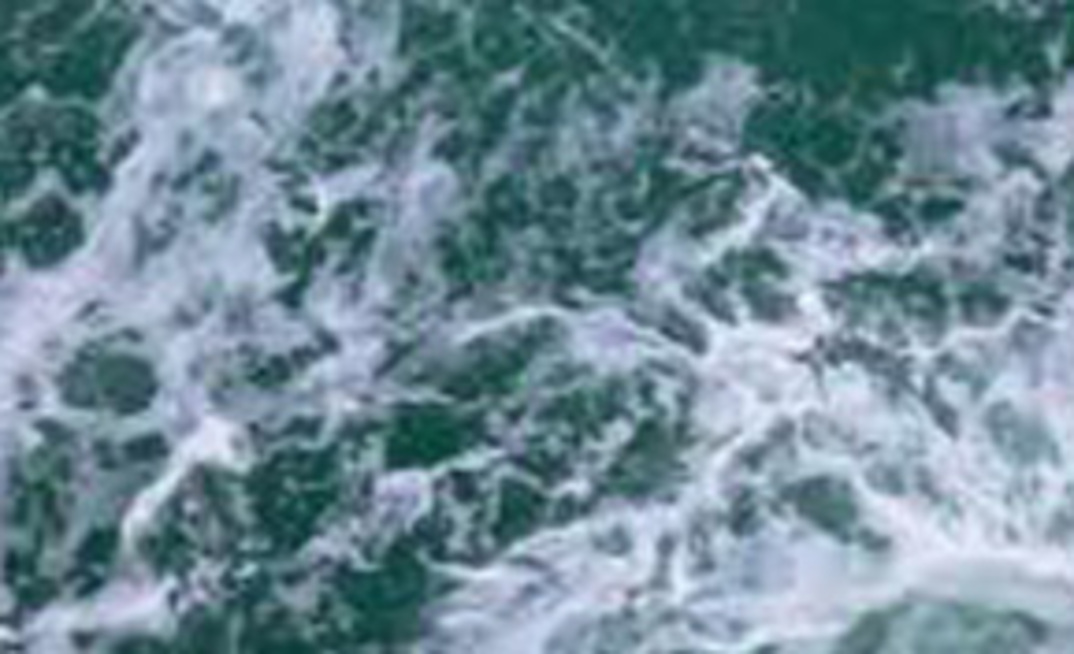The meetings were adjourned on Monday, October 30, following a 5.6 magnitude earthquake in Jamaica. National authorities have confirmed that the earthquake caused no major structural damage to the Jamaica Conference Centre, where the meetings are taking place, and that it is safe for delegates to re-enter the premises.
The Council's priority is to advance the negotiations on the draft regulations, which were prepared by the ISA's Legal and Technical Commission and submitted to the Council in March 2019. The regulations are intended to govern the exploration and exploitation of deepsea mineral resources, which are found in the international seabed area beyond national jurisdiction.
Twenty-nine Council members and 17 ISA Members who are not on the Council are in attendance, along with 19 delegations of observers. All parts of the meeting are accessible on the dedicated ISA WEB TV in all six languages of the United Nations.
Deepsea mineral resources are a potentially valuable source of minerals, including cobalt, nickel, manganese, and lithium. However, there is growing concern about the environmental impacts of deepsea mining. Some scientists and environmental groups have called for a moratorium on deepsea mining until more is known about its potential risks.
The ISA is responsible for developing and implementing regulations for the exploration and exploitation of deepsea mineral resources. The Council's negotiations on the draft regulations are a critical step in this process.
The ISA has jurisdiction over what's called "the Area", which is the seabed and ocean floor and subsoil thereof, beyond the limits of national jurisdiction. This means that the ISA has jurisdiction over all of the deep seabed, which covers about 54% of the total area of the world's oceans.
UK halt
The resumption comes days after the UK government announced its support for a moratorium on the granting of exploitation licenses for deep sea mining projects.
This means that the UK will not sponsor or support the issuing of any such licenses until sufficient scientific evidence is available to assess the potential impact of deep sea mining activities on marine ecosystems and strong, enforceable environmental regulations, standards, and guidelines have been developed and adopted by the ISA.
The UK's Environmental Audit Committee Chair has welcomed the government's step.
EAC chair Philip Dunne said:
"As far back as 2019 our Committee has warned that deep sea mining would have catastrophic impacts on habitats and species. As we approach net zero and the need to transition to a clean economy, the demand on precious resources that can be extracted by deep sea mining will inevitably increase. But this must be done in a considered way and with the backing of scientists that the environment and its inhabitants will not be severely impacted. The Government's move today backing a moratorium on deep sea mining will allow these vital investigations to take place before irreversible harm is done."
























